Protecting the Mara Wetlands

Women fishmongers selling unprocessed fresh fish. Credit - Emanuel Moshi.
Protecting the Mara Wetlands: Safeguarding food security through sustainable fisheries
The Mara Wetlands is a vital ecosystem supporting over 48,600 people in the Mara region in northern Tanzania. Covering 390km² across four districts (Rorya, Butiama, Tarime, and Serengeti) it plays a crucial role for community livelihoods, particularly fisheries which provide a valuable source of food and income. However, practices such as unsustainable fishing, livestock overgrazing, and agriculture near riverbanks threaten its integrity. This poses a significant threat to food security, as the deterioration of the environment is closely linked to the decline in fisheries and ecosystem services. Such degradation could have a profound impact on the livelihoods of local communities, jeopardising their access to essential food resources and further emphasising the urgency of our conservation efforts.
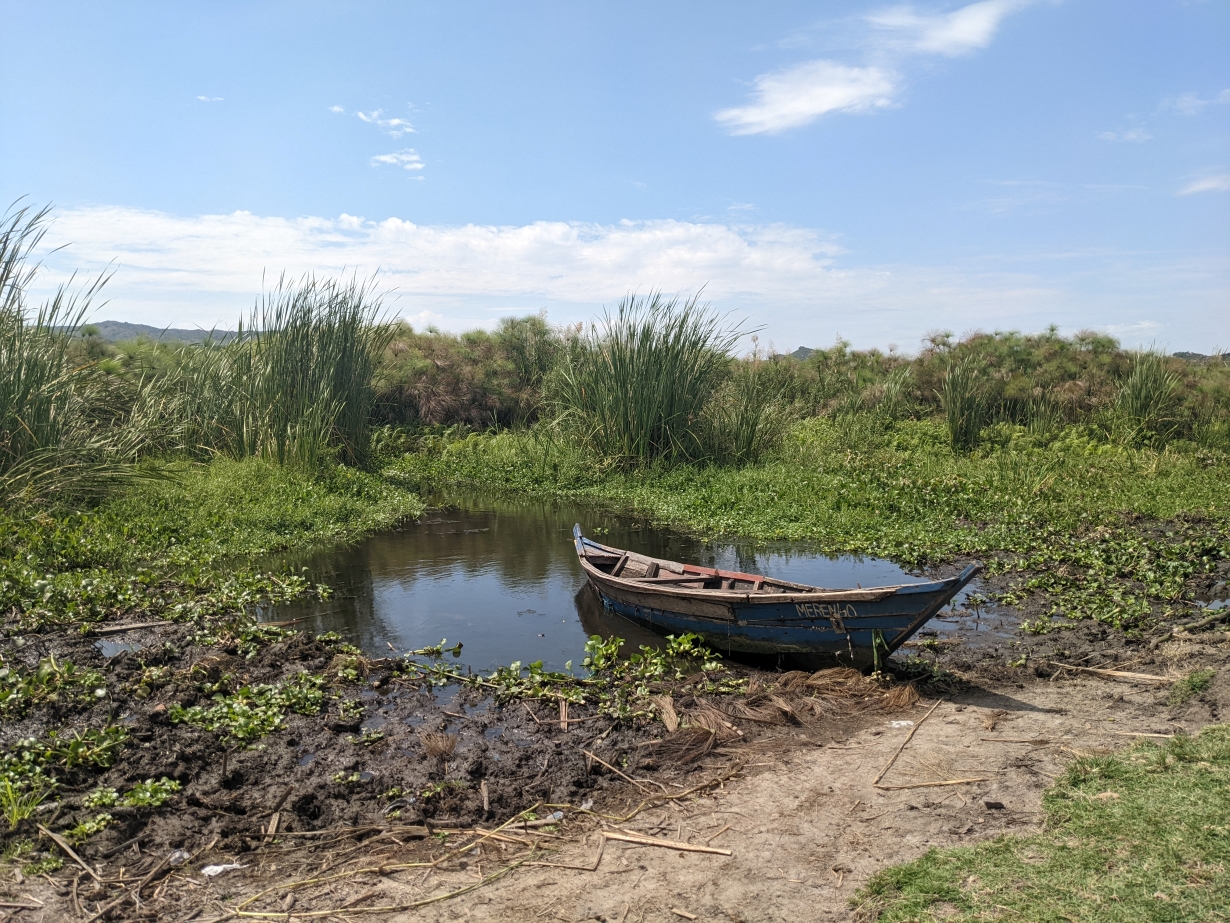
Scientific research and innovation
Our quest for food sustainability is being informed by research into the relationship between food security and the ecological integrity of the Mara Wetlands. For example, during the first year of the project, WWF collaborated with Tanzania Fisheries Research Institute (TAFIRI) and IHE-Delft on socio-economic and ecological research. Alongside critical insights from local community members, this research has been instrumental in shaping our project's direction.
TAFIRI conducted an initial fisheries situation analysis, highlighting the concerning trend of fisheries’ overexploitation. Such overexploitation is in large part due to illegal fishing practices, often through use of monofilament (single thread) and undersized gear. As a result of this, fisheries, oriented towards subsistence, face a dual challenge: overfishing leading to resource depletion and post-harvest losses due to limited knowledge of post-harvest handling techniques.
Furthermore, a socio-economic survey conducted by TAFIRI provided crucial insights into fishing activities, livelihoods, and use of natural resources. The survey revealed that the Mara wetlands provide vital social and economic support for the local population through fishing, agriculture, and livestock rearing. Fishing dominated as a major source of income for over 70% of households in Baruti, Kinesi, Kyamwami, Machinjioni, and Nyabange villages. Results show that men predominantly undertake fishing, while women are mostly involved in post-harvest activities. Despite the wetlands fishery being critical for livelihoods, 92% reported a declining trend in fish catches over the past three years. The survey also indicated varying levels of understanding of fisheries regulations. The study highlights the need for targeted interventions, emphasising sustainable wetland management, gender-inclusive policies, and enhanced community engagement.
TAFIRI and IHE Delft also conducted a habitat and ecological survey, providing useful baseline evidence of the wetlands' critical role as a breeding site for endangered fish species like Victoria labeo (Labeo victorianus) and Haplochromines spp. Importantly, it underscored the interconnectedness between the fish populations in the Mara Wetlands and those in Lake Victoria, as the wetlands serve as a refuge, breeding, and rearing site, with fish migrating from the lake.
Championing sustainability
To address these challenges, WWF, with funding from the Darwin Initiative, is championing the sustainable use and conservation of wetland resources. This project started in 2022 and works in collaboration with TAFIRI, Victoria Farming and Fishing Organization, IHE Delft, Lake Victoria Basin Water Board, and the Mara Regional Administration and Local Government Authorities. Focusing on fisheries, our aim is to reduce pressure on the ecosystem while enhancing food security in the four districts.
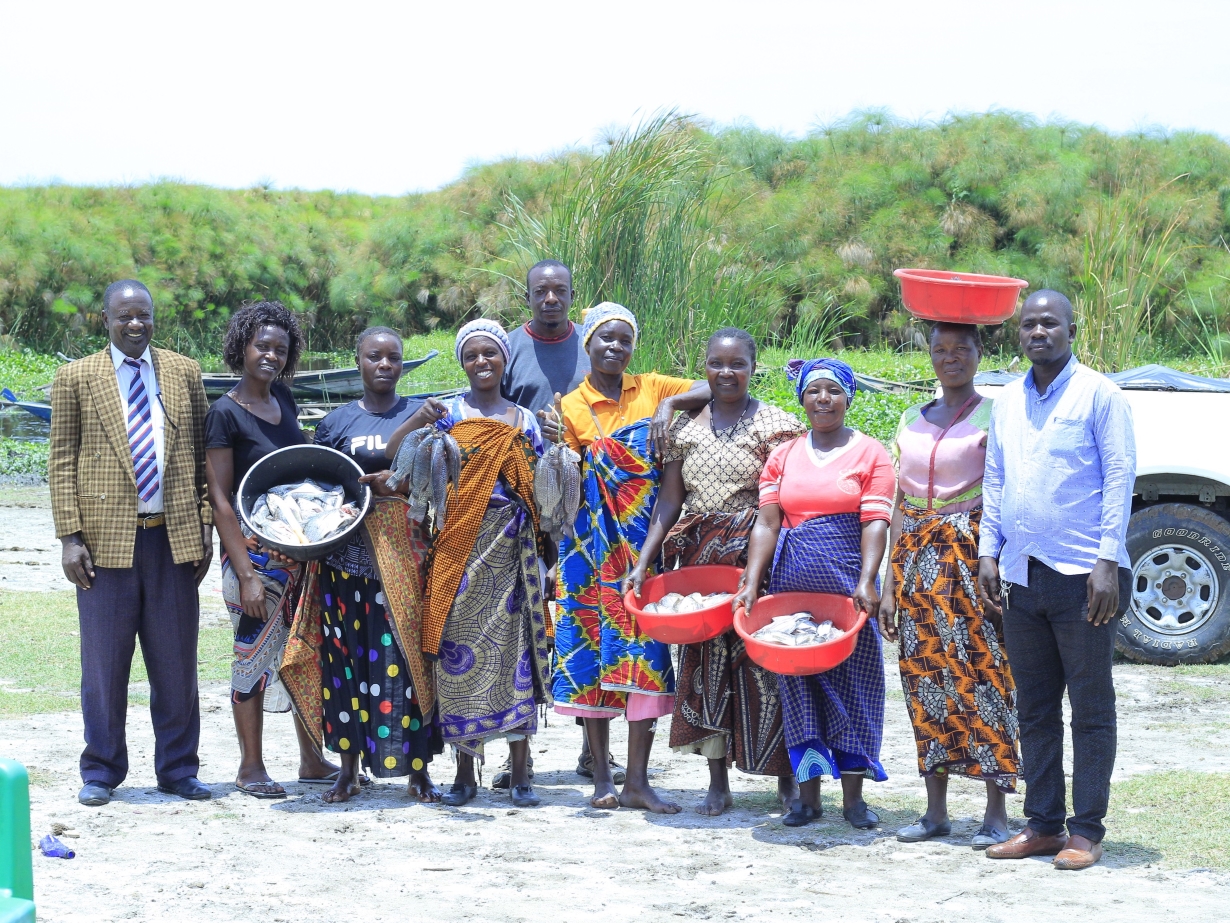
Conserving resources and promoting sustainability
Victoria Farming Fisheries Organization has taken the lead in empowering women fishmongers through training on post-harvest handling of fisheries products. So far, over 60 women from economically vulnerable households have undergone this comprehensive training. These women have not only acquired essential skills but are actively applying techniques such as sun drying, smoking, and salting of fish to address the challenge of post-harvest loss. As part of the project, these women will receive additional support in the form of cold storage facilities. This intervention aims to further enhance the preservation of fisheries products, ensuring an extended shelf life and contributing to the overall resilience of local fisheries.
We’ve also collaborated with communities to form four Community Management Units (CMUs) and trained eight CMUs and four Beach Management Unit leaders, enabling community-driven fisheries management. This initiative empowers local communities to co-manage resources and fosters sustainable fishing practices, highlighting a promising approach for ecological and biodiversity conservation in the Mara Wetlands.
The project has also fostered active community involvement by training thirty-nine members across three Water User Associations to become proficient citizen scientists, skilled in monitoring water quality from various sources. This initiative not only serves as an early warning system against potential water pollution but also exemplifies an effective model for sustainable water resource management, underpinned by citizen science and robust community engagement.

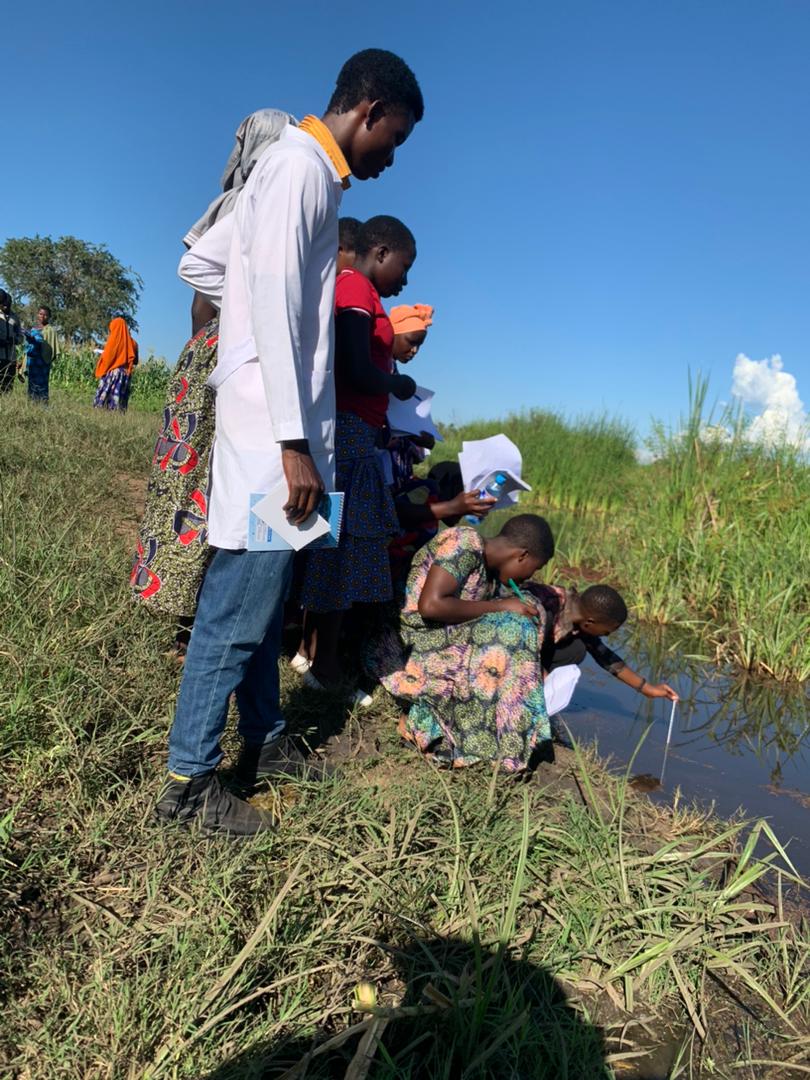
Preserving critical habitats and biodiversity integration
TAFIRI has taken proactive steps in fostering sustainable fish harvesting within the wetlands community by organising a fisheries gear exchange initiative. Fishers voluntarily surrendered illegal gear (for example, the monofilament nets, smaller size lines, or spears) in exchange for legal fishing gears, specifically with the right-sized nets and lines. The culmination of this effort will involve a public village event where the confiscated illegal gears will be publicly destroyed. Fishers made a collective pledge to refrain from using these illegal gears again. These efforts are part of wider strategies to promote sustainable fish harvesting to enable the recovery of fish stocks.
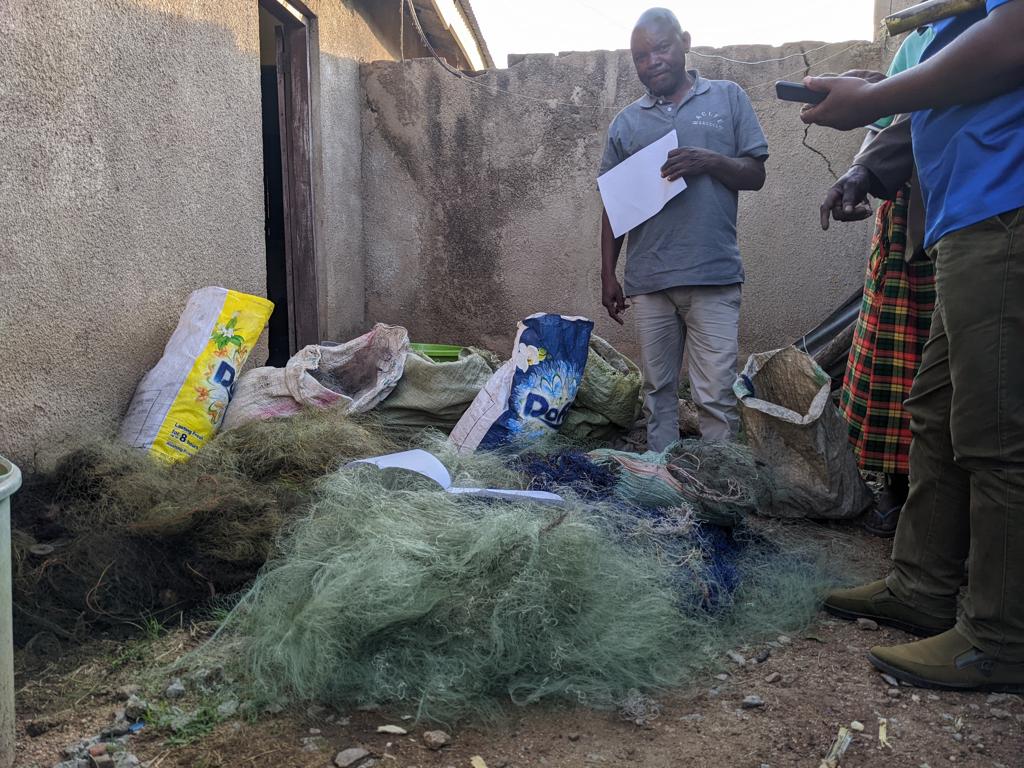
Collaborative knowledge sharing
Our commitment for collaboration and knowledge-sharing is integral to the project. We recognise that working hand-in-hand with local communities, organisations, and government entities is essential for scaling up and adopting sustainable food practices in the Mara Wetlands.
To ensure our knowledge and findings reach a wider audience, we have actively engaged in several initiatives, including the annual Mara Day event (10-15 September 2023) to share messages on the importance of the Mara Wetlands for biodiversity, fisheries, climate regulation, and ecosystem services. During this event, we engaged with more than 200 individuals face-to-face, and reached around 10,000 through radio and TV broadcasts.
We've also organised workshops to discuss our efforts with local district councils, District Executive Directors, and heads of departments; and have had productive discussions with Local Government authorities on policies related to fishing gear regulation, fishing seasons, formalisation of CMUs at the national level, conservation of critical wetland habitats, and sustainable food production. By actively participating in these collaborative knowledge-sharing initiatives, we aim to create a collective commitment to conserving the Mara Wetlands and adopting sustainable food practices that will benefit current and future generations.
We extend our heartfelt gratitude to our partners, funders, dedicated project teams, and the communities of Mara for their unwavering support and commitment to safeguarding this invaluable ecosystem. As we move forward, our shared vision is a future where the Mara Wetlands thrive as a symbol of sustainability and a source of food security for generations to come.
Written by John Kimaro, WWF-Tanzania. For more information on this Darwin Initiative Main project 29-022, led by WWF - UK, please click here.
 Back
Back